Posted by Chris Faubel, MD
———————————————————————–
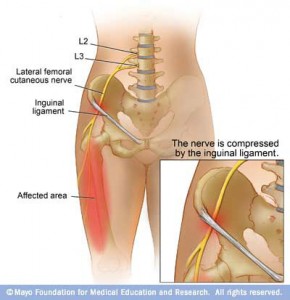
Meralgia paresthetica is a mononeuropathy of the lateral femoral cutaneous nerve (LFCN), most commonly caused by entrapment as it passes underneath the inguinal ligament.
Lateral femoral cutaneous nerve
- Pure sensory nerve
- Formed by the ventral rami of the L2 and L3 nerve roots
- Runs in the retroperitoneal space along the lateral border of the iliacus muscle, and then passes under the lateral aspect of the inguinal ligament about 1-cm medial to the anterior superior iliac spine (ASIS).
- Supplies sensation to the anterolateral thigh (more lateral than anterior) – see image
- ICD-9 code: 355.1 “meralgia paresthetica”
- ICD-10 code: G57.1 “meralgia paresthetica” (lateral cutaneous nerve of thigh syndrome)
History
- Patients typically complain of paresthesias (abnormal sensations – burning, tingling) and numbness in the anterolateral thigh
- Hyperesthesias and dysesthesias possible
- Patients normally say, “thigh numbness” or “thigh tingling“
- May be mild to severe pain
- Unilateral, but can be bilateral in 20% of cases
- Walking and standing (hip extension movements) can make worse
Physical exam
- Numbness may be noted over the anterolateral thigh
- Tapping over the lateral femoral cutaneous nerve as it passes under the inguinal ligament just medial to the ASIS may reproduce the symptoms (with the patient in a femoral nerve stretch position)
- Pelvic Compression Test (see photo below)
- With patient in side-lying position, press downward and slightly forward, in a manner to slacken the inguinal ligament – hold for 45 seconds
- Resolution or reduction in symptoms is considered positive for meralgia paresthetica
- This should also help differentiate the symptoms anterior thigh symptoms from upper lumbar radiculopathy
- Sensitivity of 95% and a specificity of 93.3% for meralgia paresthetica (abstract here)
Causes
- Anything that causes compression of the LFCN at the lateral inguinal ligament
- Examples: Obesity (abdominal pannus), pregnancy, tight clothing (women in tight, low-rise jeans), leaning against table for hours while working, tool belts, policemen belts, body armor of soldiers
- Also seen in patients with recent weight loss
- Diabetes – as with most neuropathies
- Rare causes: neoplasms, hematomas, other masses in retroperitoneal space
Differential Diagnoses
- Femoral neuropathy, upper lumbar radiculopathy (L2/3)
Workup
- May perform nerve conduction studies (comparing both sides) of the lateral femoral cutaneous nerve, and needle electromyography (to rule out radiculopathy)
Treatment
- #1: Avoidance of aggravating activity / cause of the compression
- Weight loss, work station adjustment, loose jeans
- Medications
- Neuropathic pain medications are rarely helpful
- NSAIDs for 7-10 days
- Lidoderm patches – if significant dysesthesias
- Injections
- Inject the lateral femoral cutaneous nerve with local anesthetic and corticosteroid at the entrapment site
- Peripheral nerve stimulator may be used to localize the nerve (b/c of anatomical variance)
- Ultrasound-guidance can also be used very effectively.
- Hurdle et al. “Ultrasound-guided blockade of the lateral femoral cutaneous nerve: technical description and review of 10 cases“. Arch Phys Med Rehabil. 2007 Oct;88(10):1362-4
- Ultrasound guidance can facilitate blockade of the LFCN for diagnostic and therapeutic purposes and may be particularly beneficial with patients with challenging surface anatomic landmarks, or when low volume injections are desired.
Learn about the lateral femoral cutaneous nerve steroid injection technique and tips HERE.
- Surgery
- Decompression or resection of the nerve by an orthopedic surgeon may be needed in extreme cases
Prognosis
- Paresthesias resolve over weeks to months, with some residual numbness possibly being permanent

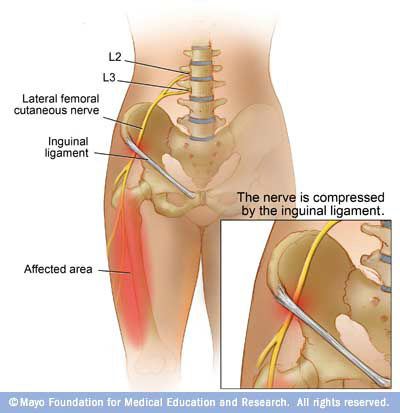
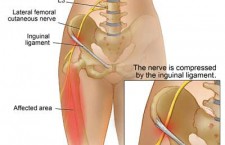
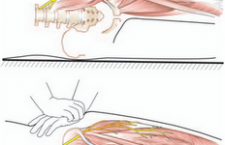
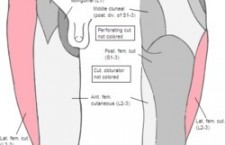


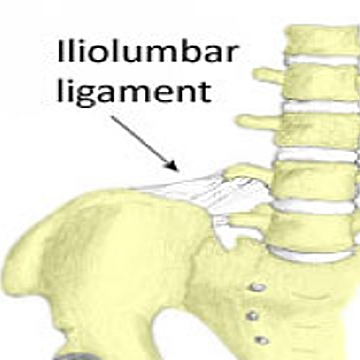
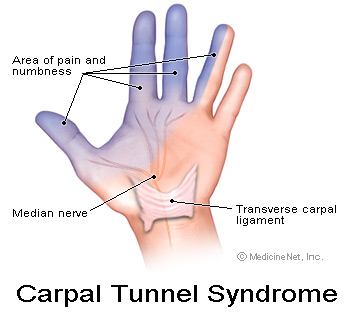

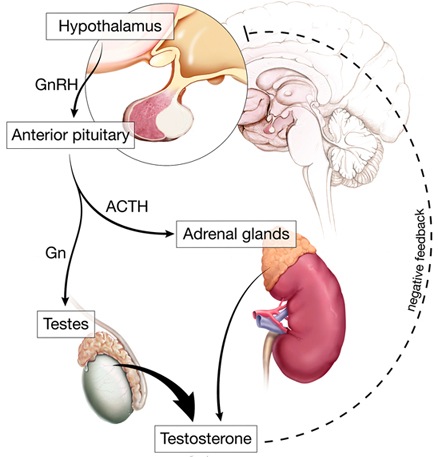
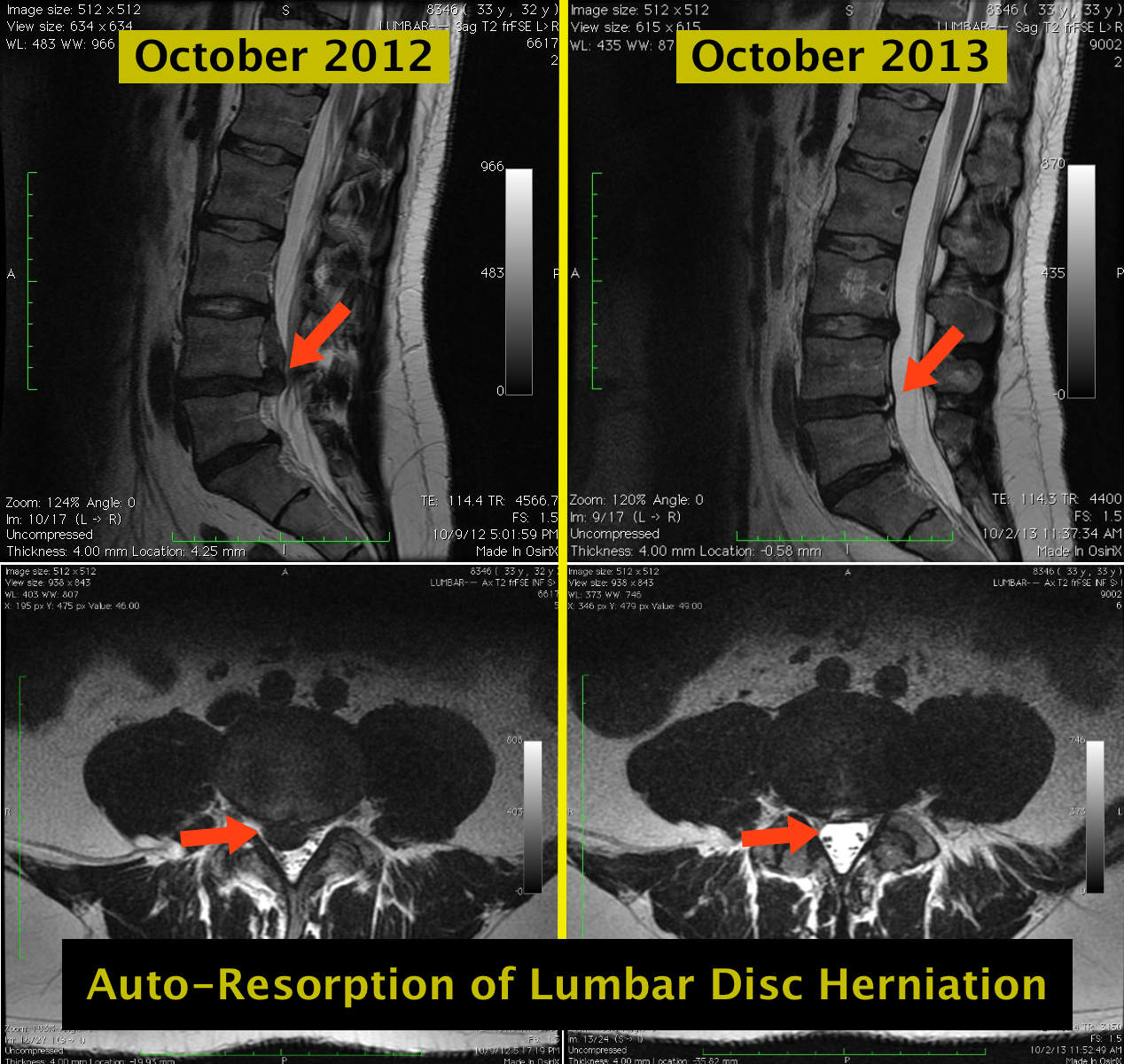
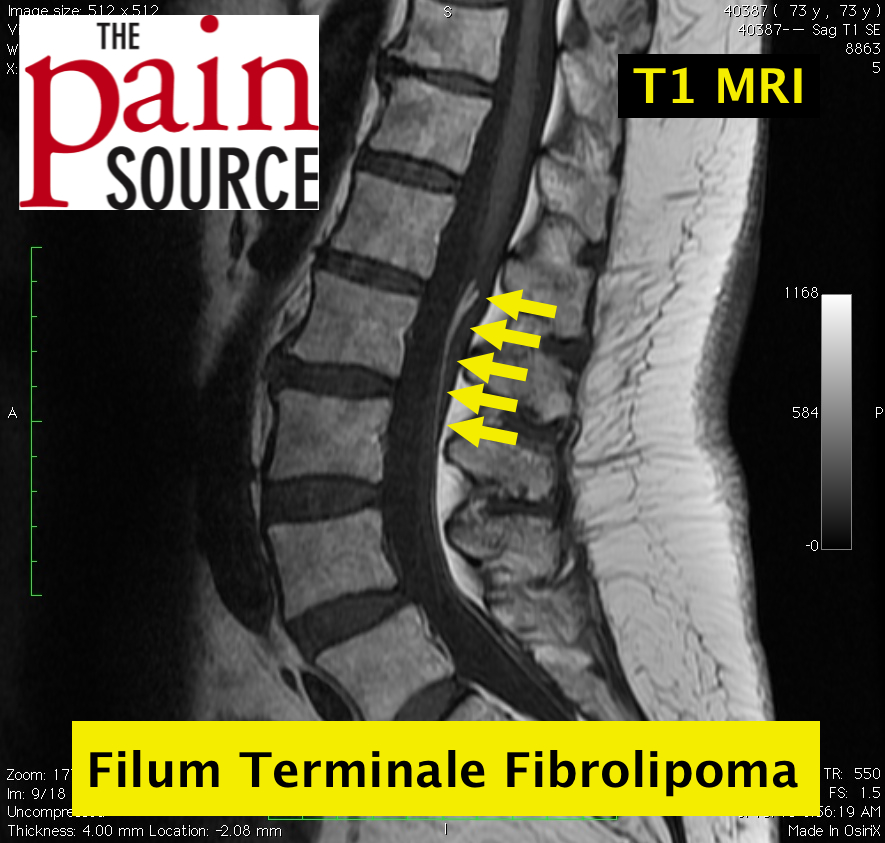
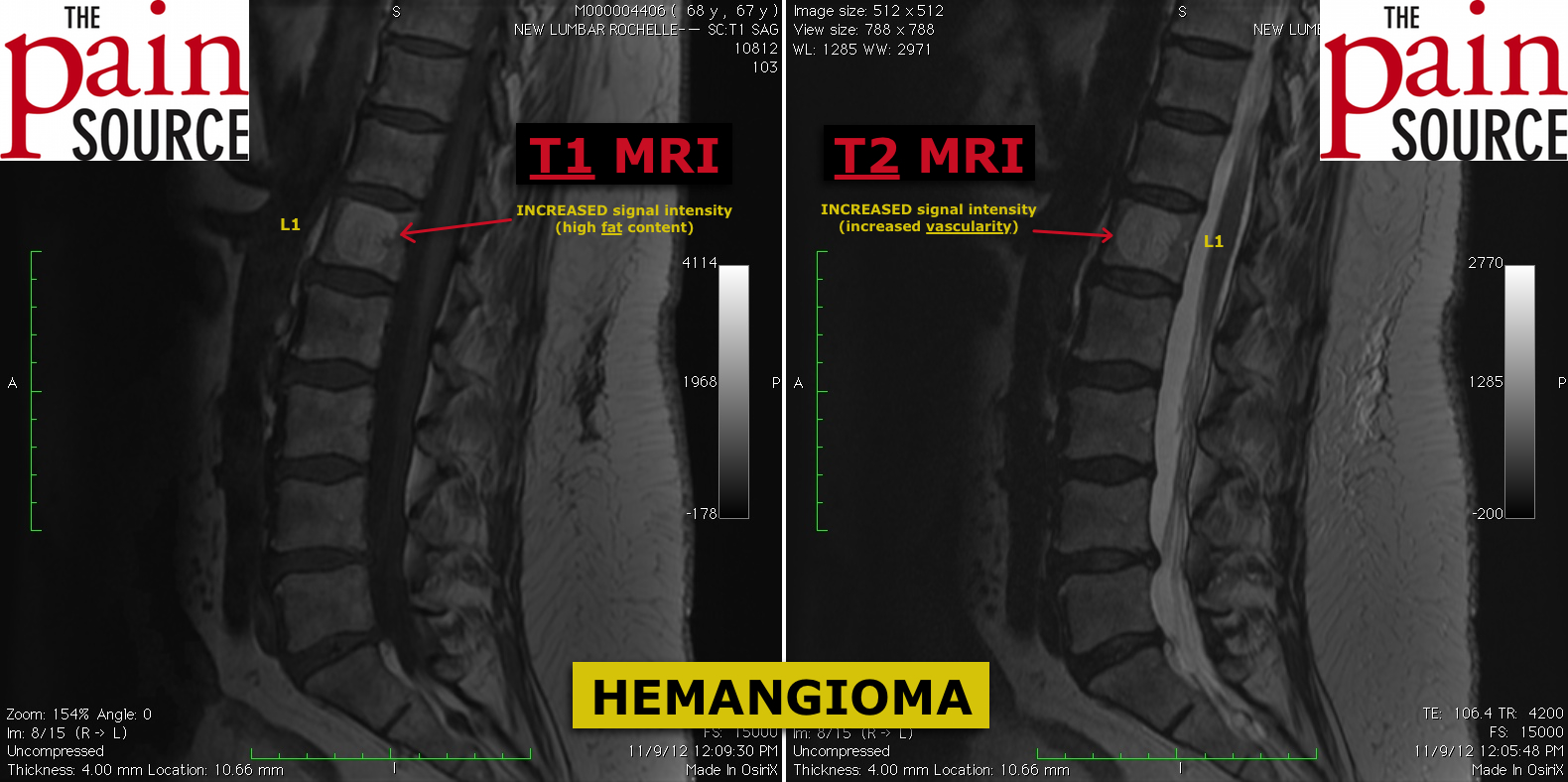
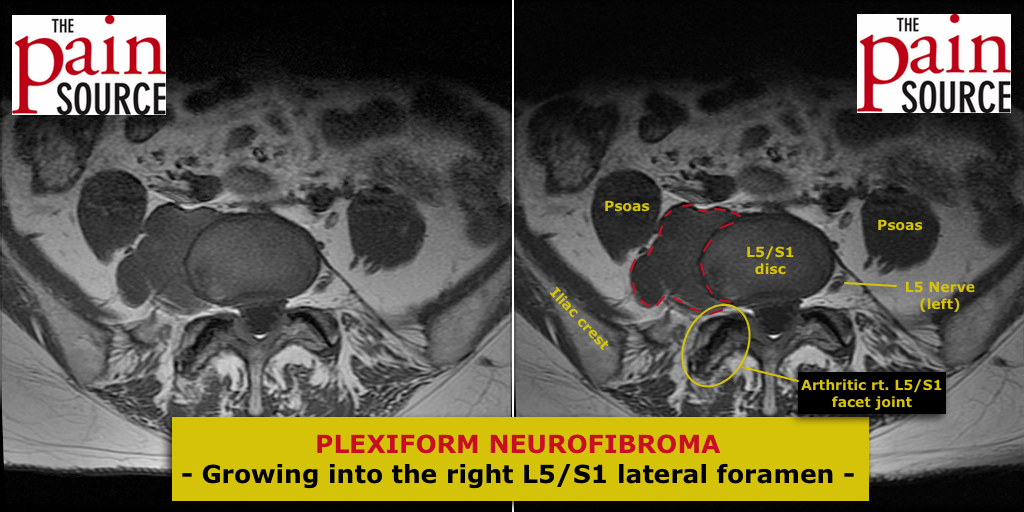
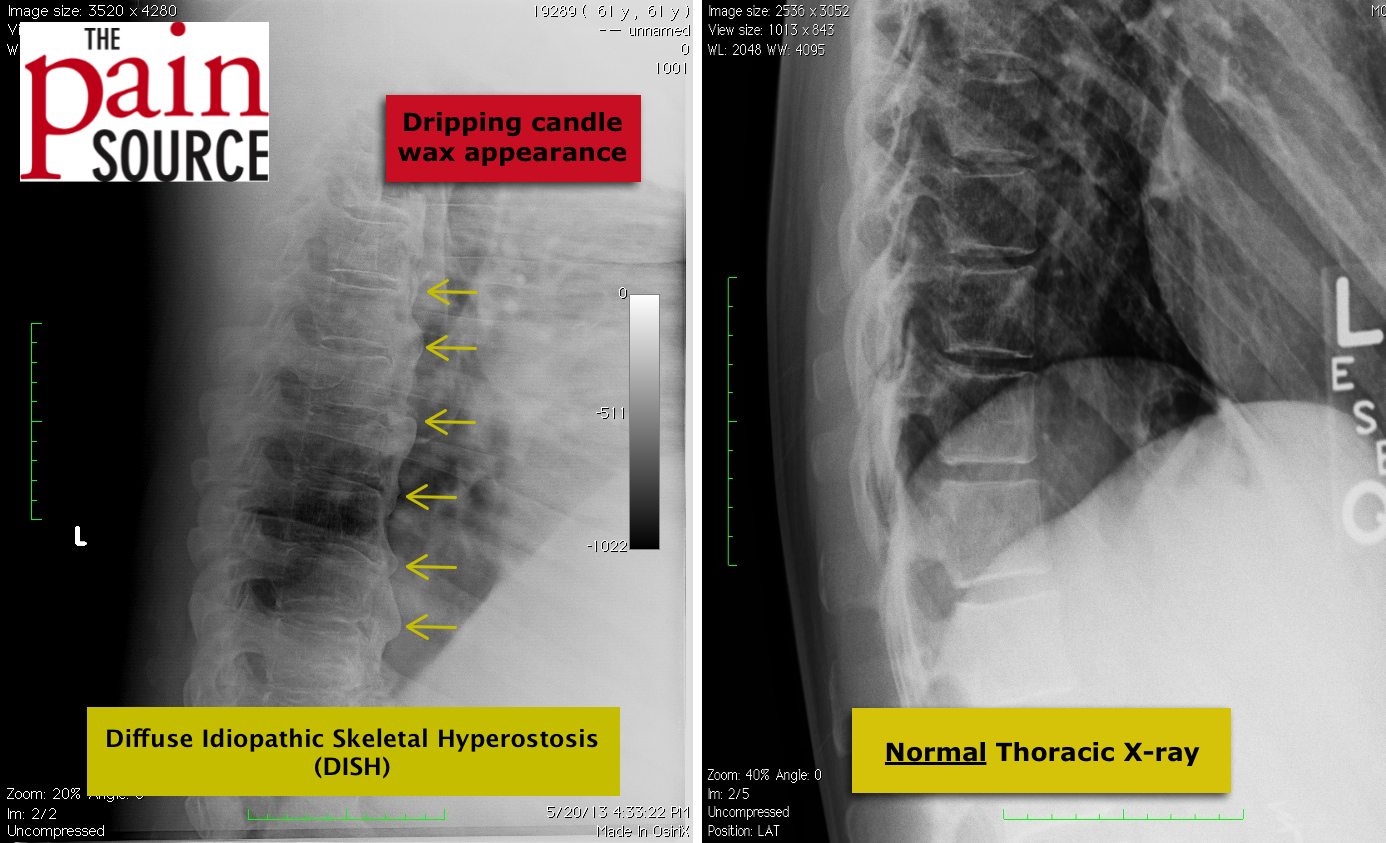

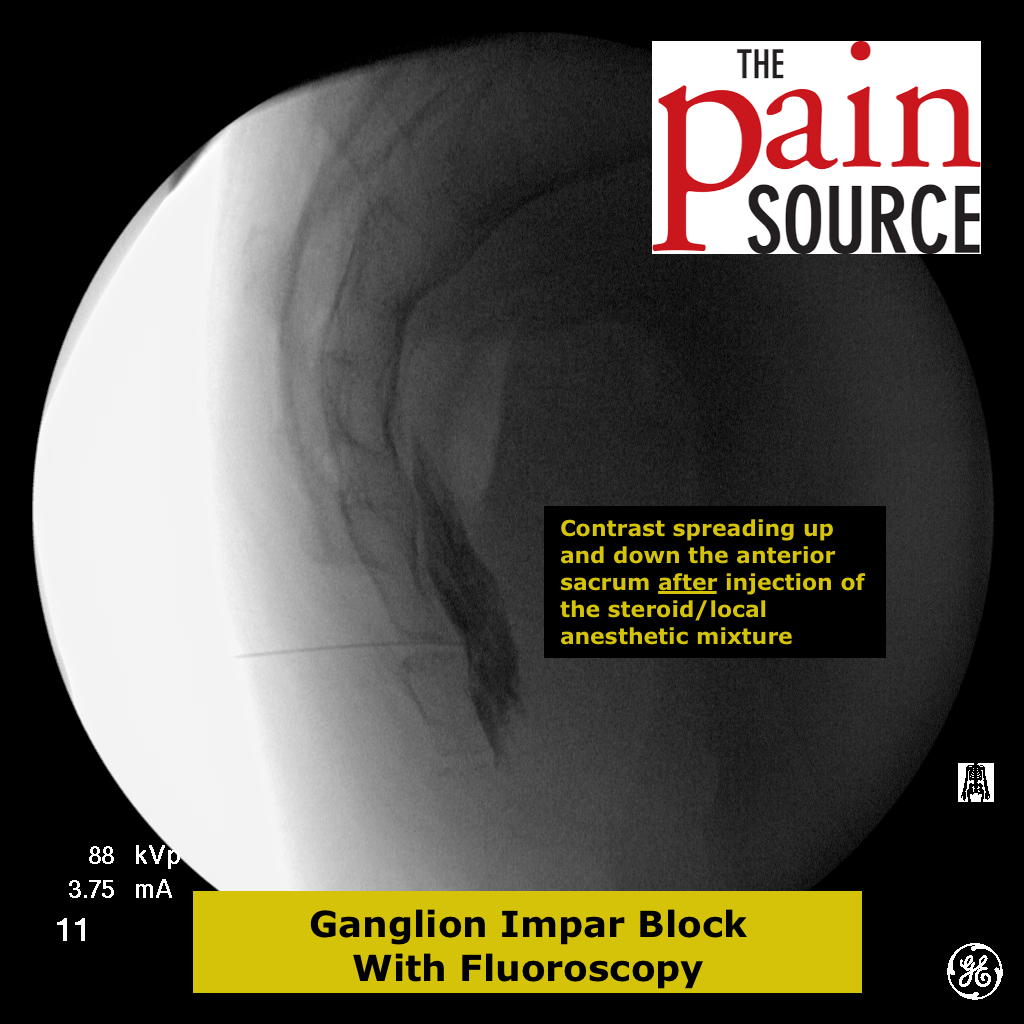
I have no feeling to my left thigh. Unable to feel a touch or rubbing.Had this for 2days and numbness keeps spreading. Im very worry.Was told i have spinal stenosis and neuraphacy.
Would acupuncture help with this? I also have foot neuropathy (both feet) although only my right thigh goes numb. I just don’t want to waste the money if acupuncture will not help. I take 900 mg of gabapentin now around 7pm, but I would like to get off of it and find an alternative. The gabapentin only reduces about 50% of the foot neuropathy. Do I need more, or another kind of medication (although I would rather a natural solution). Thanks.
Nice explanations